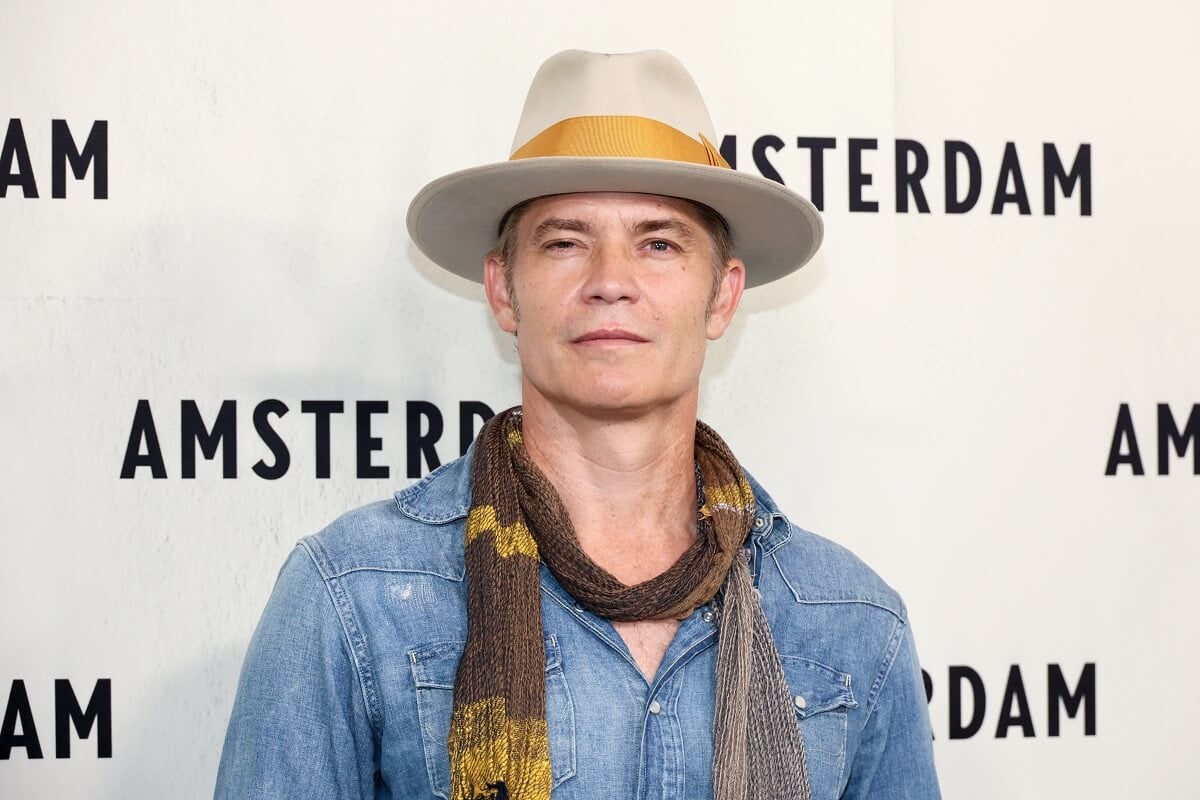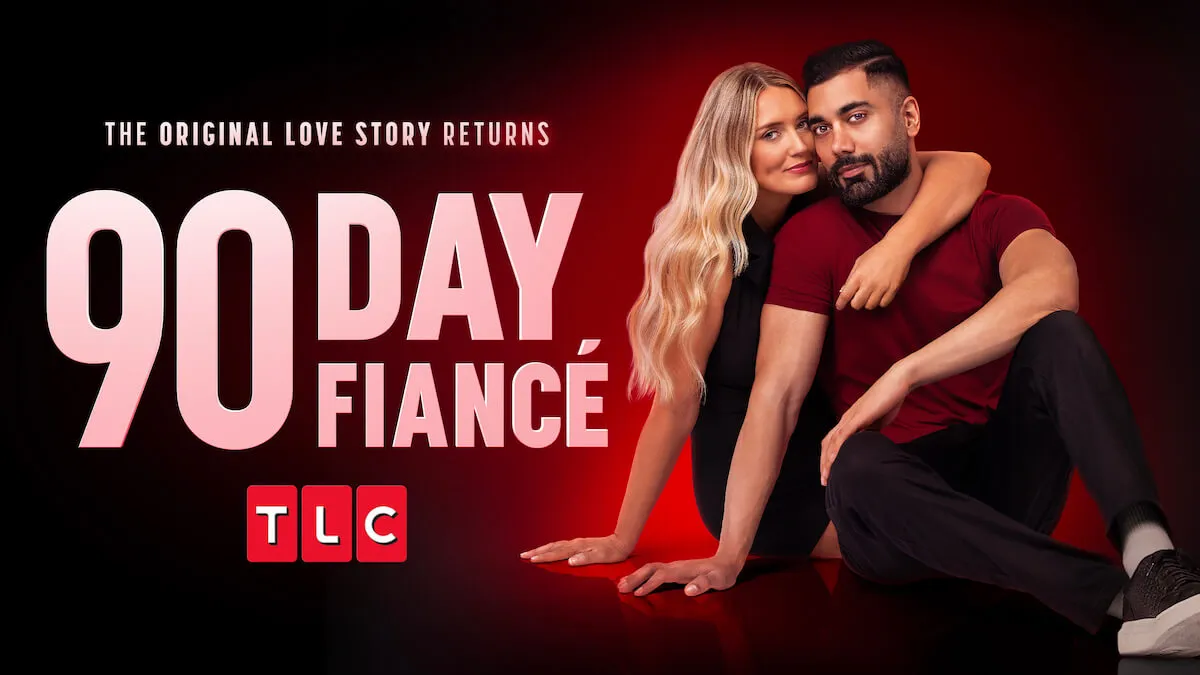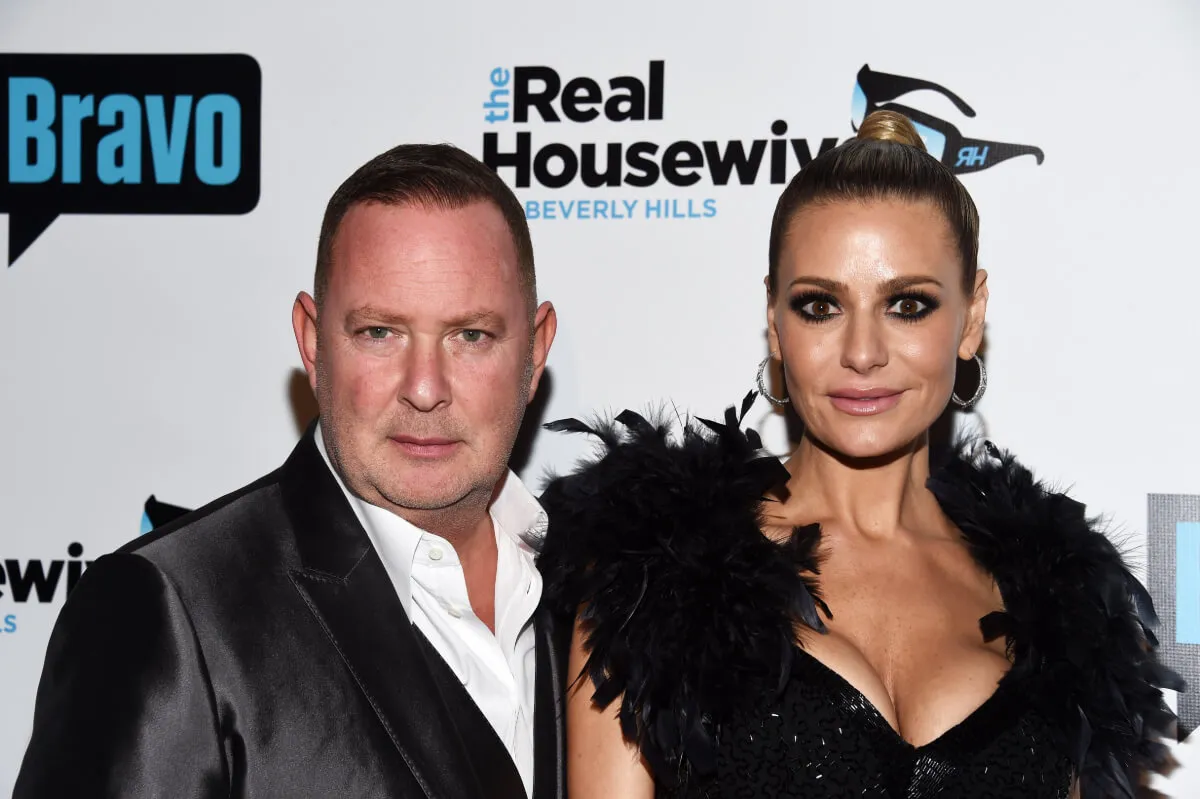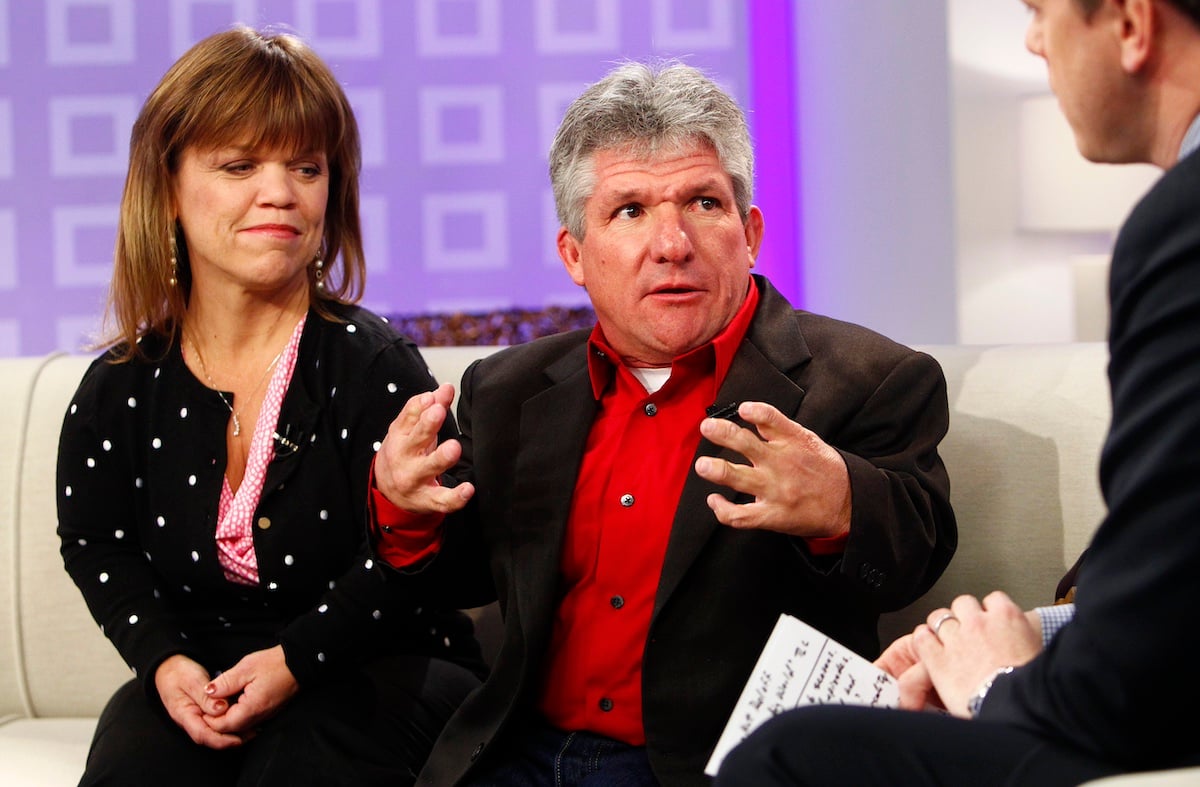
Timothy Olyphant Said Being Cast in ‘Justified’ Felt Like Getting Away With Murder
Actor Timothy Olyphant experienced a career highlight after being cast in Justified. The effect the series has had on his career, and the perception of him as an actor, felt like committing a crime to the veteran.
Timothy Olyphant on what ‘Justified’ did for his career

Olyphant’s acting career seemed to move at a slow pace before nabbing the hit TV series Justified. The Santa Clarita Diet star enjoyed success in supporting film roles and television shows such as Deadwood. But up until Justified, Olyphant’s prospects and opportunities in the film industry were usually uncertain.
“Honestly, I feel like I spent the last 10 years just trying to work, just get my hands on the best material I could. I’d like to say that it was quite calculated and genius, my ability to take one step forward and two steps back,” Olyphant once told Entertainment Weekly.
This would change with Justified. The television series had been the longest Olyphant spent on a program, offering him financial security he rarely experienced. But over the years, the series seemed to follow a noticeable pattern in Olyphant’s career. Justified had strong Western elements that wasn’t unlike other projects he’d done like The Mandalorian. In an interview with The Daily Beast, he was asked if he was worried about being typecasted in these kinds of roles now.
“I’m going to tell you a story, and forgive me for dropping a name, but the most amazing, talented Eric Stonestreet said he read an article where they asked me if I was concerned about being typecast,” Olyphant remembered. “He read that and said out loud to himself, ‘As what—a badass?’ Like, what’s the f***ing problem? Who’s had trouble with that problem?”
But Olyphant wasn’t worried about being typecast, since he was still doing other sillier roles alongside his tougher characters.
“So no, I’ll take it. It’s been a ball. And you know what, they still let me step out of it and go play goofballs in other things and come back. I’m getting away with murder and having a good time,” Olyphant added.
Timothy Olyphant once shared he didn’t receive major offers after his first stint on ‘Justified’
Although Justified attracted a lot of attention Olyphant’s way, that attention didn’t translate well to the big screen. Olyphant asserted that his film opportunities relatively stayed the same after the Justified‘s conclusion. But he conceded that he might’ve played a part in his luck.
“I get a fair share of good opportunities. My problem is I’ve started to enjoy my time off as much as I enjoy working. I don’t know if I’m part of the problem or not,” he once told Esquire.
Olyphant confided that as he’d gotten older, however, he began eyeing film roles and movies with more substance. Whereas in his younger years, he was satisfied simply working on a movie.
“In the last two years, I can say that there have been roles that could have been game-changers — that could really have changed my life in a way where I would inherit those kinds of things that I’m very weary of — that I would have gladly accepted or tried to get, without question. I can’t get anymore grounded than I am now,” he said. “I’ve always liked my job, but I’m a little bit more clear about what it is I’m trying to achieve when I’m at work.”
Why Timothy Olyphant decided to end ‘Justified’
Olyphant didn’t have to end Justified when he did. The series ran for six seasons, but could’ve ran for a couple of more, further securing Olyphant steady work. But The Good Place actor and the series’ producer Graham Yost felt that six seasons were enough to tell their story.
“A lot of it was just figuring out how much story we had left,” Yost said on The Hollywood Reporter. “Our biggest concern is running out of story and repeating ourselves. This was a long conversation. There were financial incentives to keep going, but it really felt, in terms of story, that six years felt about right.”


